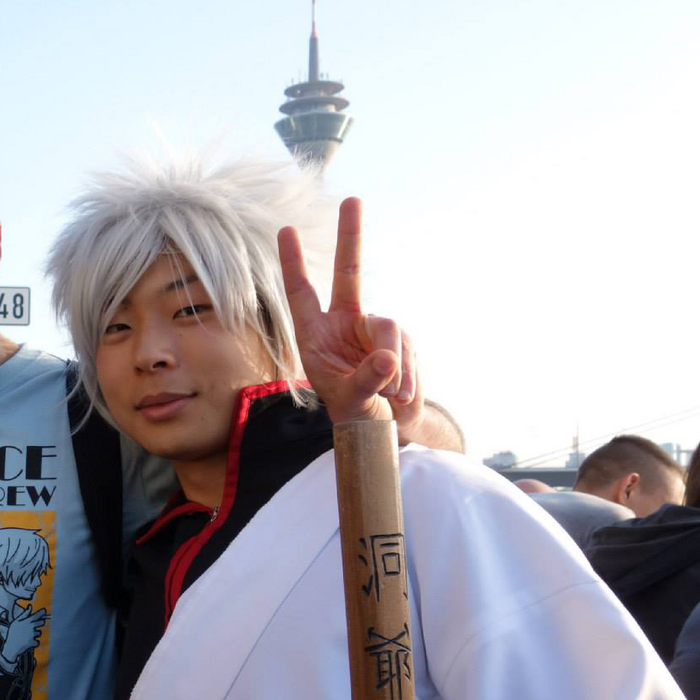What makes Paderborn special for students abroad
In September 2013, Kosuke Suto came to Paderborn University for the first time as a student for eleven months as part of a semester abroad. Back at Tohoku University in Japan, however, he realised that he was not able to immerse himself as deeply in the German language and culture during his stay in Paderborn as he had originally hoped. Without further ado, Kosuke decided to return to Paderborn after his bachelor's degree to complete his master's degree in Germany, so he lived in Paderborn from 2016 to 2018 and studied International Economics and Management (IEM).
Internationalisation is a top priority on the IEM degree programme: Numerous course contents about global markets, multinational companies and with students and guest lecturers from all over the world. More than a third of the students come from abroad - just like Kosuke a few years ago. The exchange of cultures is sponsored by regular events and exciting lectures in a study-related forum.
A Master's programme far away from home
Kosuke didn't miss out on this opportunity either and decided to study for a Master's degree far away from home. In addition to improving his language skills and familiarising himself with a completely new culture, the Japanese student can report other advantages: Compared to studying in Japan, he says, studying at Paderborn University offers a very wide range of options and creative freedom when it comes to choosing different courses and projects, for example. In addition, studying in Germany is not as cost-intensive as in his home country. What he particularly liked about the International Economics and Management Master's programme was that it included many different fields and did not specialise exclusively in one particular area, as he was used to at other universities. "In Paderborn I was able to broaden my horizons," Kosuke reports enthusiastically about the opportunities at Paderborn University.
In addition to the linguistic and cultural aspects, Kosuke returned to Paderborn for another very specific reason: the expertise of the teaching staff and the integration into Prof Dr Jungblut's team, where he worked as a student assistant alongside his studies, left a particularly positive impression on him after his first stay. He also liked the great diversity of other students from other countries and the possibility of having a fixed contact person for questions and problems. "The other students were very valuable in strengthening my intercultural communication," summarises the Japanese student. This is also paying off in his day-to-day work today, as the economy continues to globalise.
Studying in Japan and Germany: here are the differences
The biggest difference between studying in Japan and studying in Germany is the structure. Although there are strict admission examinations and procedures in his home country, studying afterwards is much easier than at a German university. "In Paderborn I had to give everything in every course." Kosuke has particularly fond memories of the Business Analysis and Valuation module: This proved to be very helpful for his current day-to-day work and laid the foundation for many things that he now encounters on a daily basis. Kosuke now works as a business consultant in Japan.
However, the Japanese student has come to the conclusion that the proportion of business management courses was a little too small for him. At this point, he personally would have preferred a different distribution of credits. However, Kosuke's verdict is clear: "Studying in Paderborn was great with many different areas and opportunities."
Pubs, bars and co.: Kosuke's life outside the university
However, the everyday life of an international student, as is also the case for local students, is not limited to the university and the desk, so Kosuke can also report on numerous experiences with friends. He has made many contacts, particularly as part of the Centre for Language Teaching's tandem programme, and has made numerous pubs and bars in Paderborn unsafe with them. His personal highlight, however, was his visit to the "Japan Day" in Düsseldorf. What particularly pleased him about this visit was that Japanese culture was also finding its way into Germany. Although Paderborn was sometimes a little boring compared to his home country, he was able to concentrate much better on his studies. Kosuke's two years in Paderborn made it easy for him to describe German culture in a few key words: "Similar, organised and punctual, but also stubborn."
Do you want that too?
More information

